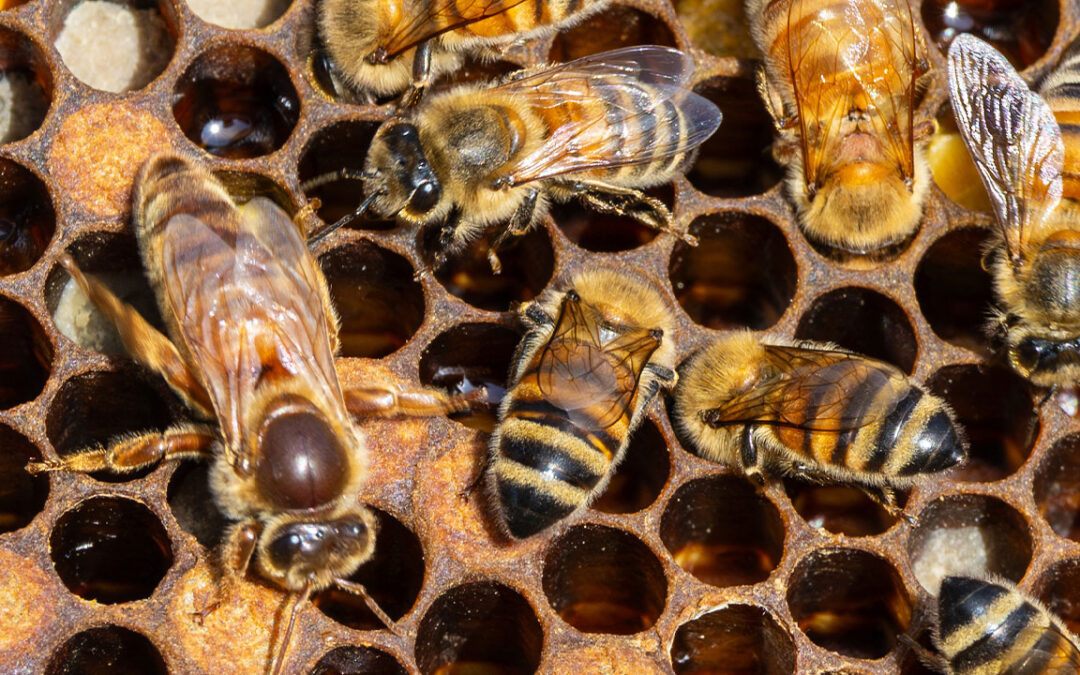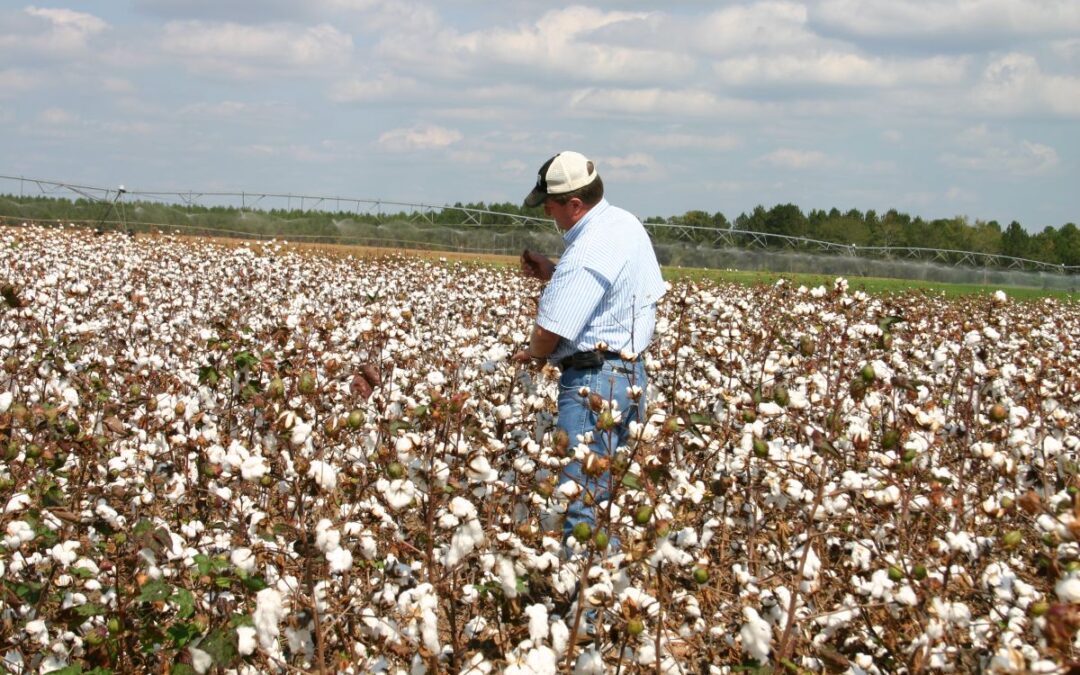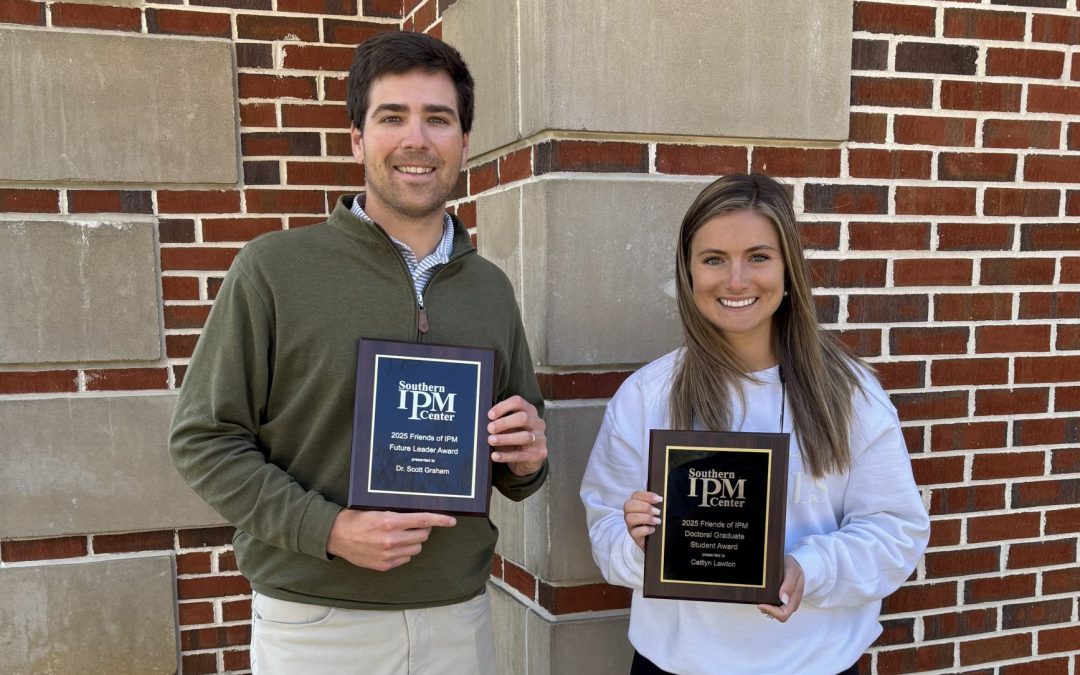by JAMIE CREAMER

Cuba native Rodrigo Rodriguez-Kabana checks on one of the many pineapple plants he has growing in what was an abandoned greenhouse on the Auburn campus. Rodriguez-Kabana spent half of his growing-up years in the Canary Islands, and that is where he still owns a successful banana farm that grows small, specialty fruit sold to a network of shops on the Islands and in Europe. As a sideline at Auburn, he has conducted research for years on greenhouse pineapple production in Alabama.
It’s a safe bet that no one has ever called Cuba native Rodrigo Rodriguez-Kabana a conformist. That’s not in his DNA. From an early age, he was a threat to orchestrate mischief and flirt like crazy with danger.
And who knows what might have become of him, had he not started running covert messages for Fidel Castro and his Cuban revolutionary army. But he did, and that’s when his father, fearing for the boy’s safety, gave the 17-year-old a choice: Go to Europe, or go North.
The safest choice would have been Europe, because, as a child and young teen, he had lived with his family in his parents’ native Canary Islands and could speak Spanish and French fluently. But the safest choice is not the one he made.
Though he knew not one word of English, the son chose North—the United States—and on Sept. 4, 1957, a single cardboard suitcase in hand, the young Rodriguez-Kabana walked out of a rudimentary airport terminal onto the streets of New Orleans.
No family, no friends, no familiar sights or sounds and no way to communicate might have gotten the best of many a young man, but not Rodriguez-Kabana. By that month’s end, he was in Baton Rouge, enrolled as a freshman at Louisiana State University.
“I couldn’t speak English, but I was very good at math, so I took all math classes,” he says. “Math is a universal language.”
Over the next seven and a half years, Rodriguez-Kabana didn’t merely survive; he thrived. In 1961, he was awarded his bachelor’s degree in agronomy from LSU, followed a year later by his master’s in soil microbiology and, in 1965, his Ph.D. in plant pathology.
“All I did was go to school,” he says. “I went straight through; I never took a break.”
His doctoral research involved nematodes—microscopic, soil-dwelling, crop-destroying worms that he to this day finds absolutely intriguing.
On Dec. 31, Rodriguez-Kabana will retire from 50 years on the Auburn University faculty, the past 19 spent at the elite rank of Distinguished University Professor, and through the years, his fascination with plant-pathogenic nematodes has resulted in improved food production and a healthier environment in countries around the world.
His nematological research is often cited and has earned him numerous national and international awards, including the U.S. Environmental Protection Agency Award for Contributions to the Solution of the Ozone Layer Problem in 1997 and the Champion Award from the Technology and Economic Assessment Panel of the United Nations’ Montreal Protocol on Substances that Deplete the Ozone Layer in 2002. He has been awarded some 15 U.S. patents.
The focus of his research through the years at Auburn has been the development of economically and ecologically sound production systems that allow for sustainable agricultural production.
“My work with cropping systems and organic soil amendments has shown that you don’t have to use any chemicals to produce crops,” Rodriguez-Kabana says. “You just need good management, an understanding of soil chemistry and an understanding of what you’re adding to the soil to create an environment that’s very unfavorable to nematodes, insect pests and plant diseases.”
The production methods and systems he developed have resulted not only in the elimination of pest problems but also in increased soil health and sustainability.
“These ideas I published and taught all over the world,” he says. “Today, I’m proud to say that the concept of improving soil health through cropping systems rules.”
Though his paperwork for retirement is official, Rodriguez-Kabana has no intention of just walking away from 50 years of research. Most recently, he has worked on the development of new products based on waste materials from the biofuels industry, and as professor emeritus at Auburn, he plans to continue that and other projects—such as a study he’s conducted for years on greenhouse pineapple production in Alabama—through 2016.
“But the research I do might have more to do with my hobbies than with nematodes,” he says.




